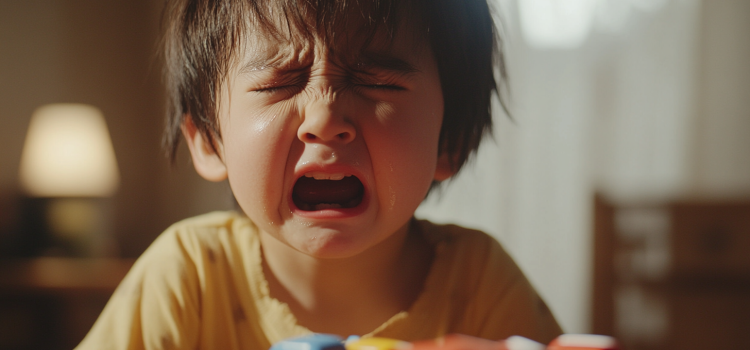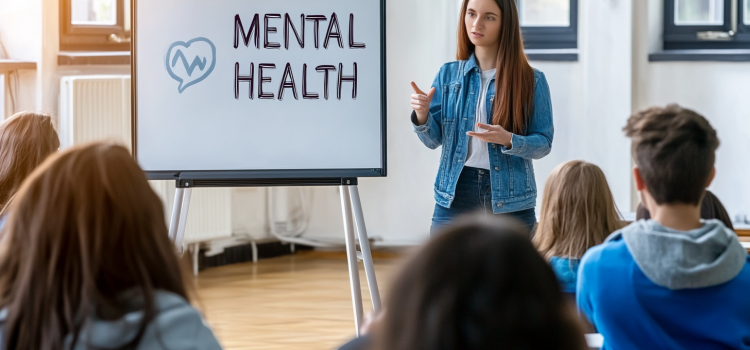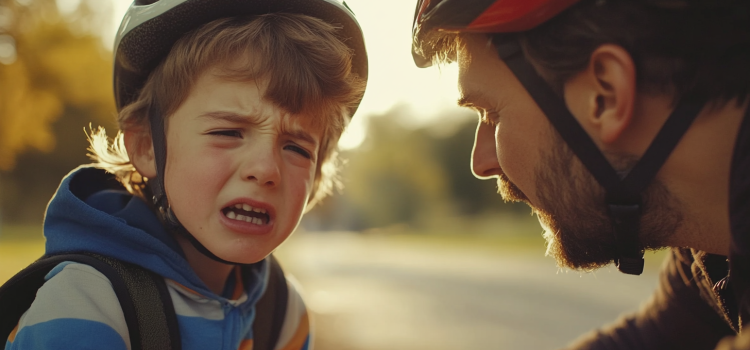Why do Gen Z have more mental health issues than other generations? Have societal challenges created a Gen Z mental health crisis? According to Abigail Shrier’s book Bad Therapy, young people’s mental health today differs from that of older generations. Generation Z (those born 1995-2012) struggle with mental health more than previous generations. Let’s debunk the myths behind the Gen Z mental health crisis to understand it better.
The Gen Z Mental Health Crisis: The Myths & the Real Cause










